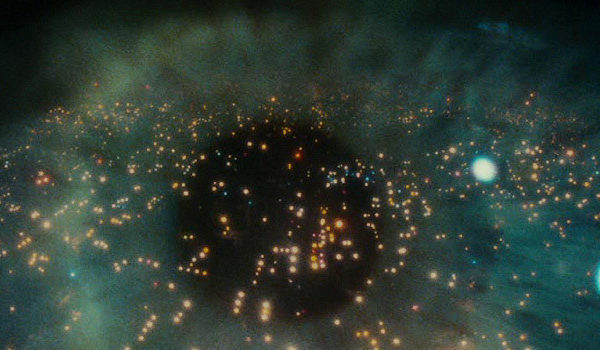D. Fox Harrell. MIT Press, 2013.

Abstract
An argument that great expressive power of computational media arises from the construction of phantasms―blends of cultural ideas and sensory imagination.
In Phantasmal Media, D. Fox Harrell considers the expressive power of computational media. He argues, forcefully and persuasively, that the great expressive potential of computational media comes from the ability to construct and reveal phantasms―blends of cultural ideas and sensory imagination. These ubiquitous and often-unseen phantasms―cognitive phenomena that include sense of self, metaphors, social categories, narrative, and poetic thinking―influence almost all our everyday experiences.
Praise for Phantasmal Media
”D. Fox Harrell is the leading scientist of the human mind in the digital age. Phantasmal Media is a major advance in the study of the human imagination. Harrell's brilliance, learning, wit, and charm make it a great pleasure to read.
Mark TurnerInstitute Professor and Professor of Cognitive Science, Case Western Reserve University
”Fox Harrell’s bold and audacious view of the relationship between computing and the imagination blends a very broad range of multicultural references with perspectives from the sciences, humanities, and arts to present an unprecedented vision of how people and machines can come together to forge not only new software systems, but a new ethics and politics of the human condition. This is what a groundbreaking book looks like.
George E. LewisColumbia University
”Deftly operating at the productive intersection of computational design, cognitive science, and expressive media, Phantasmal Media draws attention to the profound involvement of human imagination in the encounter with information technology. In doing so, it provides a new basis for understanding human-computer interaction and artificial intelligence, one that places ideation and ideology at the center and, in doing so, profoundly troubles questions of representation and agency at the heart of computational practice. It is inspiring, intriguing, and, yes, haunting.
Paul DourishProfessor, Department of Informatics, University of California, Irvine
”...profoundly ambitious and wildly eclectic Phantasmal Media will likely find a wide audience among artists and technologists alike.
John HarwoodArtForum
”Harrell’s book, Phantasmal Media, published this week by MIT Press, outlines an approach to analyzing many forms of digital media that prompt these images in users, and then building computing systems—seen in video games, social media, e-commerce sites, or computer-based artwork—with enough adaptability to let designers and users express a wide range of cultural preferences, rather than being locked into pre-existing options.
MIT News




